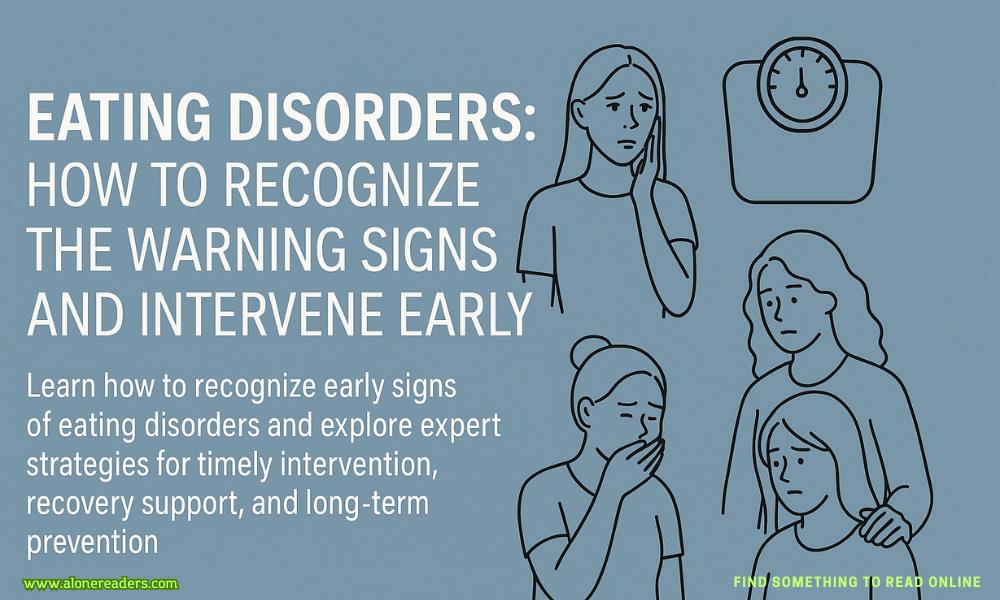Page 46 of Ladybirds
Not a question; a truth.
He doesn’t bother pretending otherwise. “He’s the only one I ever tried to take from Death. I’ve been very careful to make sure it stays that way.”
“That bad?”
“Worse.” He laughs, the sound dark and hollow. “It was supposed to be a mercy. I thought—I truly, truly believed there could be no price worse than dying. I was wrong. Obviously.”
Sara wants to ask why he bargains at all, but she’s afraid she already knows the answer.
“Was it ever worth it?” she asks softly.
“Once,” he says, voice teetering on the thin edge between bitterness and apathy. “Only once.”
“Will you tell me about it?” The look he gives her is questioning—baffled by her curiosity. She shrugs. “I could use some happy.”
He scoffs. “You asked if it was ever worth the trade, that hardly qualifies it as happy.”
“Do you ever get tired of being so melodramatic?”
“Don’t be ridiculous, of course not.” His lips purse; the faintest echo of a smile. It disappears as quickly as it came. “She was in pain—agony, really. Every minute of every day. When she spoke, when she smiled... the slightest brush of wind against her face.” His eyes close, mouth twisting into a grimace. “She begged me to make it go away.”
“So you did.”
He nods, the corner of his mouth lifting into a self-deprecating smile. “So I did.”
“What was the price?” She almost doesn’t want to know, but she can’t keep herself from asking.
“She stopped feeling anything. Not the heat from an iron, or the chill from the snow.”
“That... doesn’t seem so bad.”
He shakes his head, a sneer twisting his mouth. “Then you’re a fool. Nothing, Sara. She could feel nothing. Not the embrace of her child, or the kiss from her husband. She died, starving for touch, from a heart attack because she couldn’t bloody well feel the symptoms. She was the only one, in a long list of victims, that thanked me. Even on her deathbed, she thanked me and I... I never wished, so fervently that she wouldn’t.” He meets her gaze, more open and vulnerable than she’s ever seen him. Pained. “I did nothing but trade one Hell for another.”
“Oh,” she breathes. It feels like the air has been sucked from her lungs, leaving her chest hollow—starving. “Is...is that how it is for you?”
His brow creases. “What?”
Sara swallows, bolstering her courage. “The touch starved thing. You said you traded one Hell for another. Is that how it is for you? Is it Hell?”
He stares at her, a manic laugh escaping him. Sara hates how brittle it sounds; how fragile. She can almost hear him breaking around the edges. “How can it be anything else?”
CHAPTER TWENTY-TWO
He’s different, after that.
Maybe she is, too, but she’s definitely not imagining the change in him. The edges of his taunts have been filed down; his cutting remarks softened until they feel more teasing than cruel. Sara wonders if it’s because she’s earned a degree of trust, or if he simply has no other secrets to guard. She’s not even sure if the reason matters, because the end result is the same: Seth has become infinitely easier to live with.
They’re teetering on the line of friendship; each more considerate of the other. Seth stops watching tv when she goes to bed; Sara makes sure to turn it to his favorite channel come morning. He stops baiting her in public, makes an effort to stay in her line of sight so she can see him without looking crazy. Sara wears her earbuds faithfully– perfects the faux answering of her phone just so they can speak freely on the streets, in the laundromat, between classes.
She tries not to evaluate how much time she spends talking to him; tries to push it to the back of her mind with the justification that it’s only natural when he shadows her the way he does. She, under no circumstances, will admit that she kind of enjoys having someone to listen to her complain about why art appreciation is eighty percent essays and why can’t every teacher be like her Algebra professor who only grades on tests and never homework.
Perhaps the most surprising development is Seth actually does. He listens.
He chimes in when she leaves an opening, engages in the conversation without ever dominating it. He is free with his opinions, but even when they disagree, he never dismisses her own. It takes her a week before she recognizes that (for him) the friendly debates are more about the conversation than the outcome. She wonders, guiltily, how many of the others before her treated him with the same silent apathy as she had only a month ago—wonders how many of them never stopped.
Then she thinks about the time between, the years he’s spent with no one to see him, no one to hear him, and feels her heart twinge. She makes a small promise to herself, that she won’t punish him with silence again (no matter how he may press her buttons). She won’t scream at him to leave her classes, won’t demand his absence in her life.
Growing up under her father’s roof, she knows what it’s like to feel invisible.
- Her Billionaire Boyfriend by Abigail Barnette
- Desperate Temptations by Lila Fox
- Vengeful Pawn by K.L. Donn
- Defending Love by Aleatha Romig
- Playing with Forever by Erika Wilde
- Changing Caleb by J.L. Leslie
- A Touch of Fate by Cora Reilly
- Safe and Sound by Jisa Dean
- That: Taylor & Brooks by C. Monet
- Shades of Scars by January Blue
- Bratva Boss's Secret Baby by Bella King
- My Bratva Dom by Imani Jay
- Cheating the Devil by Samantha Cole
- Luke by Lisa Lovell
- Flying Colors by C.J. Bishop
- Cole by C.J. Bishop







